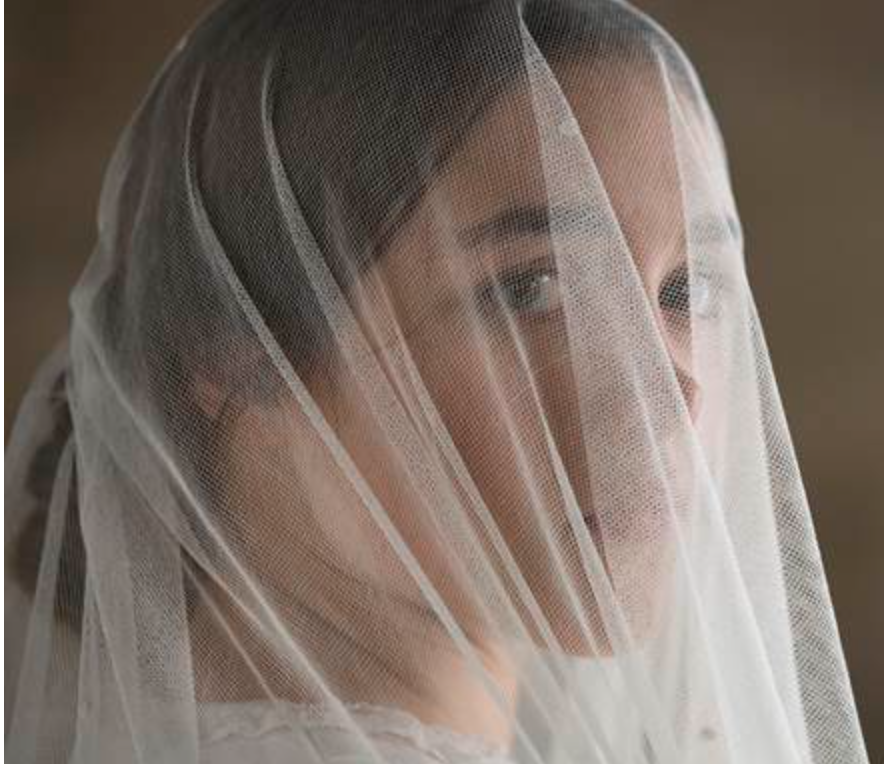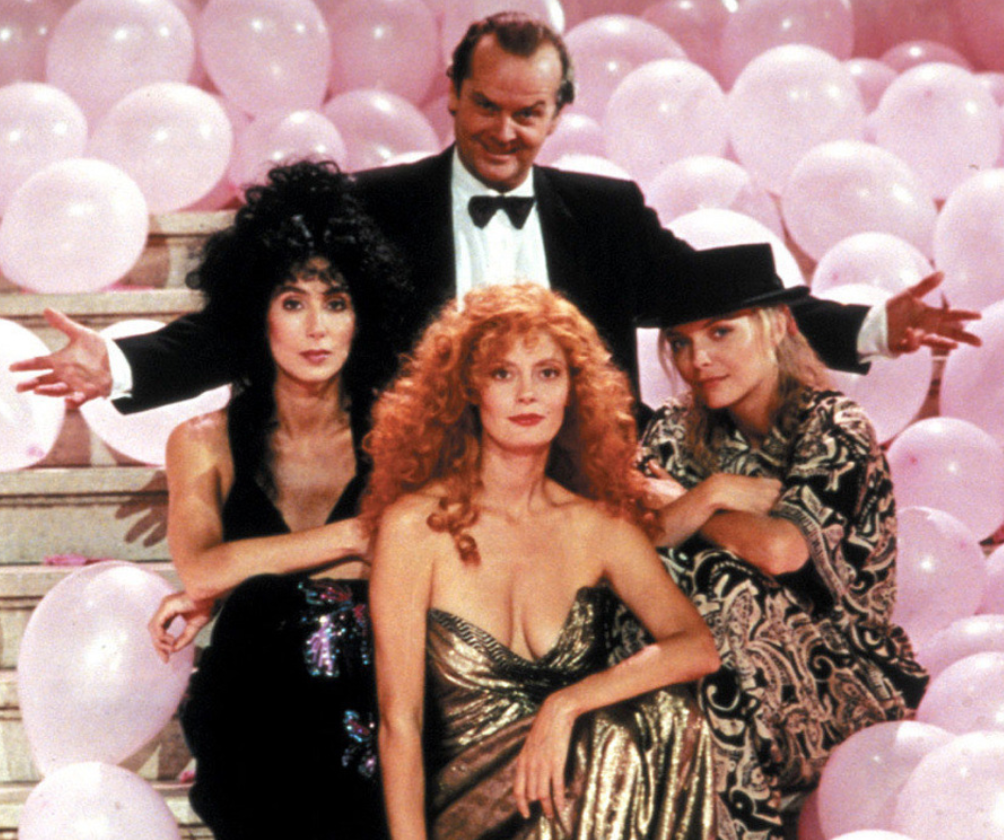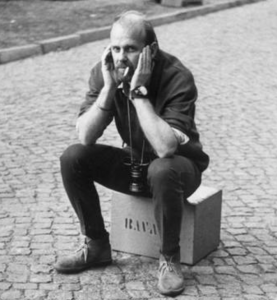 The “female likeability” mandate has been holding women hostage in literature, as in life, since the Ancient Greeks gave us Medea and Clytemnestra. But it was Shakespeare who really enforced the myth that girls had to play nice. Though he authored some beautifully complex women, he also introduced a bevy of thorny female characters who either sweetened up or met a brutal fate–in King Lear and The Taming of the Shrew, especially. Then there’s Lady Macbeth. As a woman who notoriously did not know her place, she was doomed to go mad before offing herself entirely.
The “female likeability” mandate has been holding women hostage in literature, as in life, since the Ancient Greeks gave us Medea and Clytemnestra. But it was Shakespeare who really enforced the myth that girls had to play nice. Though he authored some beautifully complex women, he also introduced a bevy of thorny female characters who either sweetened up or met a brutal fate–in King Lear and The Taming of the Shrew, especially. Then there’s Lady Macbeth. As a woman who notoriously did not know her place, she was doomed to go mad before offing herself entirely.
Though she is never name-checked except in its title, the Lady haunts William Oldroyd’s adaptation of Nikolai Leskov’s classic 1865 novel, Lady Macbeth of the Mtsensk. About a young woman sold into marriage to a man more than twice her age, this “Lady Macbeth” is a feminist screed that doesn’t just politely nudge at expectations that adult women should be good little girls. It rips them up while glaring at us defiantly. Continue Reading →


